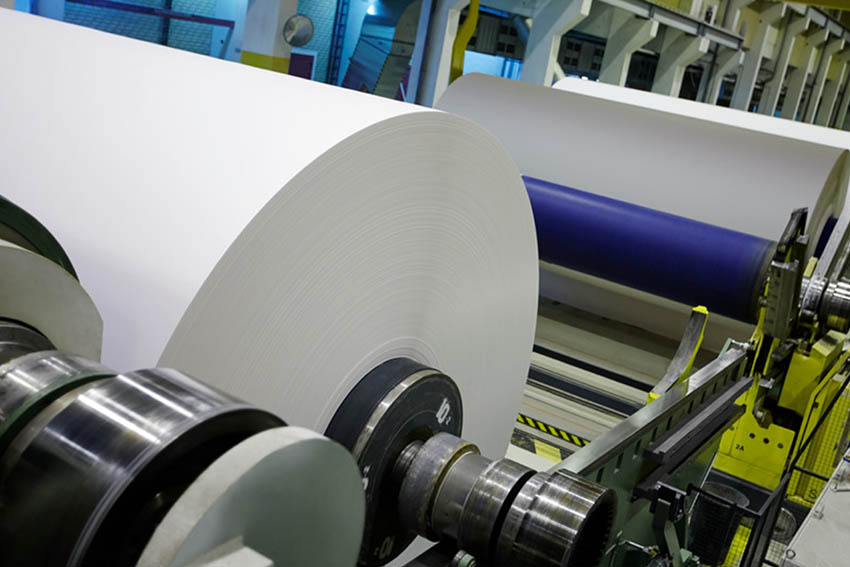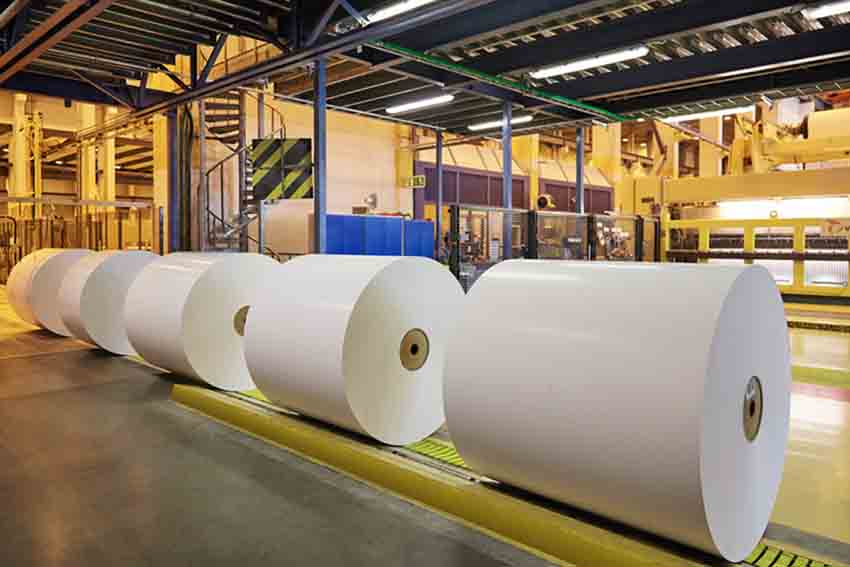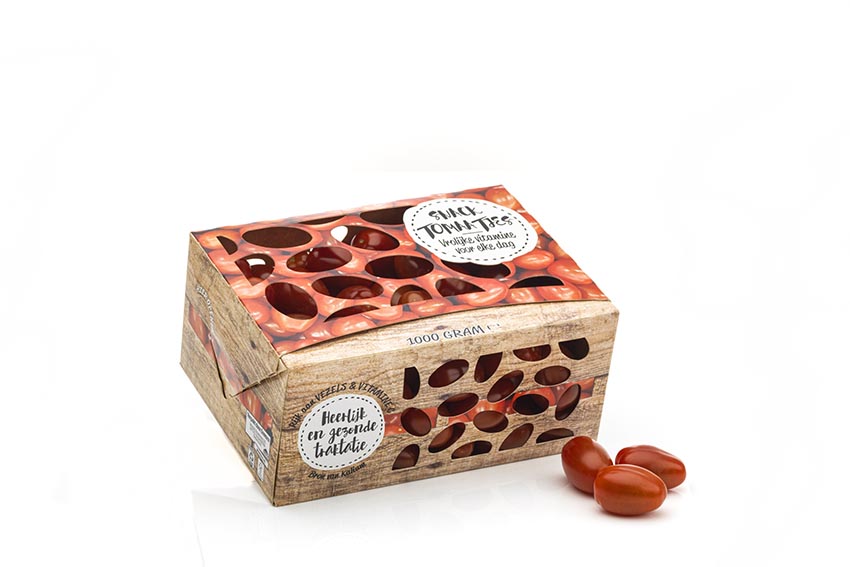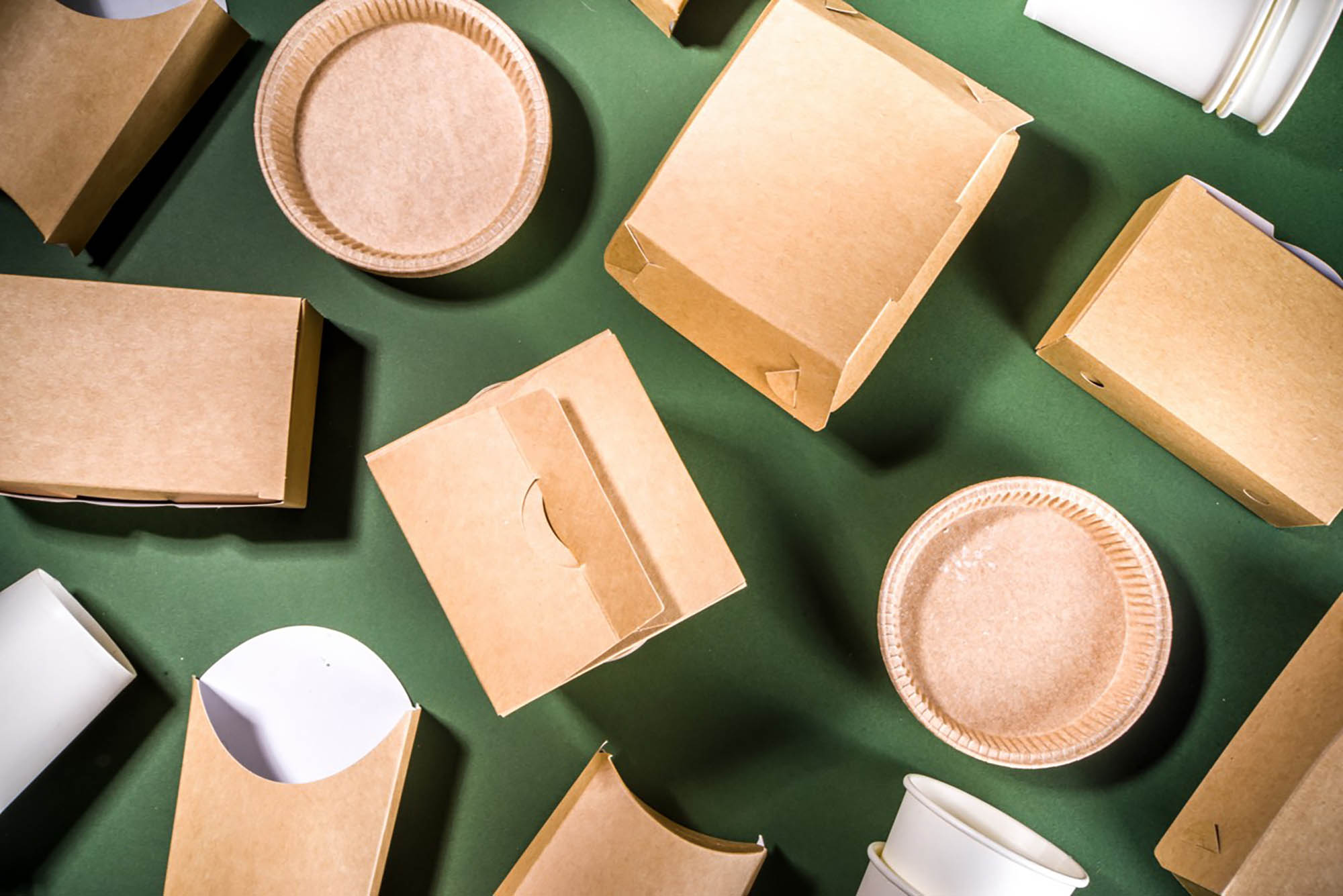Pro Carton, the European Association of Carton and Cartonboard manufacturers, is a non-profit organisation representing over 40 cartonboard mills in 13 different European countries and North America, supplying more than 90% of Europe’s demand, as well as the carton converting industry across Europe.
The association promotes the functionalities and benefits of cartons and cartonboard as a renewable, recyclable and competitive packaging material to brand owners, retailers, designers, the media and EU policymakers.
Interview with Winfried Muehling, Communications & Marketing Director at Pro Carton.
Easy Engineering: Which are the fields of activity where you are operating?
Winfried Muehling: A key area at present is the promotion of single-use and recyclable packaging systems. The reuse vs single-use packaging debate has intensified in recent months due to the European Commission’s proposal to amend the Packaging and Packaging Waste Regulation (PPWR), which focuses on the introduction of reusable packaging.
This will have far-reaching efforts on packaging across sectors. For example, take fast-food restaurants. Historically, consumers have benefitted from disposing of their single-use French fry holders and drinks containers after finishing for recycling, which has always been highly convenient, while the sustainable packaging materials and high recycling rates ensure the system is effective.
The Commission’s proposal falls short on acknowledging a well-regarded and functioning circular system for cartonboard packaging in all European countries. Independent studies clearly show that a one-sided focus on reusable packaging raises all sorts of environmental, financial and practical questions. CO2 emissions will go up with longer transportation required, more water will be needed to clean and costs to establish an equally good infrastructure will be added to final product costs.

E.E: Which are the most significant projects in the history of the company?
W.M: Pro Carton represented the first association in the entire paper and cartonboard field devoted solely to those products for which they stood. It was the first time that two sectors in the supply chain collaborated to convey a broader perspective and greater knowledge about the business they represented. Today, Pro Carton continues to advocate for the industry’s interests on sustainability and legislation.
This includes projects on sustainable forest management, reduction of CO2 emissions along the entire value chain and driving end of life management for the best interest of the environment.
E.E: What projects were the most challenging?
W.M: We are at a crucial turning point for packaging regulations. The promotion of single-use systems at this point in time is problematic, because the Commission has advocated for reusable packaging. To manage the upcoming challenges, we need to take advantage of all packaging solutions and drive innovation to secure leadership of the best solutions. Packaging producers and end-users take the responsibility and will deliver solutions best matching the requirements of the EU Green Deal. We will continue to promote the benefits of single-use packaging, such as cartonboard, which has a number of benefits, not least, being preferred by the consumer for a good reason. We are excited for the challenge.
E.E: What are the ranges of products and what types of services do you offer?
W.M: While we do not offer any products or services directly, we represent over 40 cartonboard mills in 13 different European countries and North America, supplying more than 90% of Europe’s demand, as well as the carton converting industry across Europe.
We have shared results of our intensive consumer research with our members and with the general public. Every 3 years we also measure the CO2 emissions of the entire industry and benchmark those against previous periods. Continuous measurements and improvements are key on the way to carbon neutrality as a packaging substrate.

E.E: Which are the most innovative products / services and what special features do they have?
W.M: Our members today work on further improving the environmental profile of already sustainable packaging substrates. Replacing still-in-use plastics coating with renewable coating materials is one of the key areas of development lately. Required packaging features are clearly defined by the brand owners. Our members apply all existing experience to secure product protection with the best environmental profile packaging material.
E.E: What was the research behind the products/solutions and how important is R&D?
W.M: We recognise the importance of research and R&D in the creation of new packaging solution. In light of the reuse vs. recycling debate, a recent report by McKinsey entitled ‘The potential impact of reusable packaging’ found that the introduction of strict targets for reusable packaging by 2030 will have a major impact on the EU’s environmental footprint and the competitiveness of the European economy, and in particular raises questions about the extent to which consumers will comply.
As with any circular economy model, consumer acceptance is key. However, by advocating only for the reusable model, there is a risk that consumers will become alienated. And for good reason.
Today’s consumers are first being asked to change their habits. In Germany, for example, fast food restaurants such as McDonald’s and Burger King have set up deposit systems for reusable packaging – including for “take-out” consumption. This requires consumers to store reusable packaging, ideally rinse it and return it to the restaurant to redeem their deposit. Acceptance so far has been muted.
Secondly, the additional deposit could deter consumers because it drives up the price of a value meal. For a family, this could be a deposit of more than 10 euros.

Third, it creates uncertainty about food hygiene – a non-negotiable criterion. Can consumers trust that their reusable packaging will be effectively washed, especially those returned uncleaned after days of storage at home or in the car?
Consumers also want to be reassured that new measures are actually better for the environment and economically viable in the long run. Research, such as the McKinsey report, provide important insights that help demonstrate the opportunities and challenges in these new proposed models. For example, it predicts a 140-160% increase in CO2 emissions and potential cost increases of 80-130%, mainly due to transport and cleaning. While we continue to promote the merits of cartons and cartonboard, it is important to have the research to uncover the facts, and the true impact that such initiatives will result in.
E.E: What products / solutions are you going to launch in the future?
W.M: While our members continue to drive innovation in product design with all new packaging solutions, we will continue to promote the use of cartonboard, thanks to, amongst other things, its overwhelming support from ethically, and environmentally-aware consumers.
Among the conclusions of our November 2022 consumer research, which examined the attitudes of over 5,000 European consumers towards the environment and packaging, “easy to recycle” (85%) and “made from renewable materials” (81%) were the two most important criteria for packaging. Both criteria are perfectly met by cartonboard.
The future will increasingly require us to closely align across industry borders. The challenges ahead will need the input from all stakeholders in the value chain.
Alliances like 4evergreen today combine the knowledge and experience of more than 100 organisations to come up with solutions like the design for recycling guidelines. These projects will help to minimise the environmental impact of future packaging solutions. Supported by all stakeholders in the industry. The future of cooperation.
E.E: How important are co-development projects with customers?
W.M: Our members are closely aligning with customers to come up with new packaging solutions to meet future requirements. This will require the understanding of the needs of retailers, consumers and finally of course also recyclers.
The brand owner best understands specific product requirements. For food products it is all about protecting valuable food until it reaches the consumers. Avoiding food waste is on top of the agenda.
Our members run customer experience centers with laboratories, designers and developers under one roof to shorten time to market and to jointly develop packaging solutions which are sustainable, functional and easy to use for the consumers.

E.E: Tell us about social responsibility and what part does it play in the company?
W.M: Social responsibility is embedded at Pro Carton. Our industry contributes significantly to sustainable forest management. Many of our members own forest areas in Scandinavia and central Europe. Protecting and nurturing these areas is fundamental to mitigate the negative impact of climate change, to provide and secure recreation areas for families and to protect the biodiversity of wildlife and insects in European forests.
Many of our members are active partners in recycling cartonboard packaging materials. With 82% recycling rate we have one of the highest recycling rates of all packaging substrates. Our target is to increase this rate to 90% by 2030. Any used carton will serve as the base for new packaging material. This is facilitating a well-established circular system contributing to the protection of valuable raw materials and keeping valuable fibres alive for many more uses. For the best protection of our planet.

